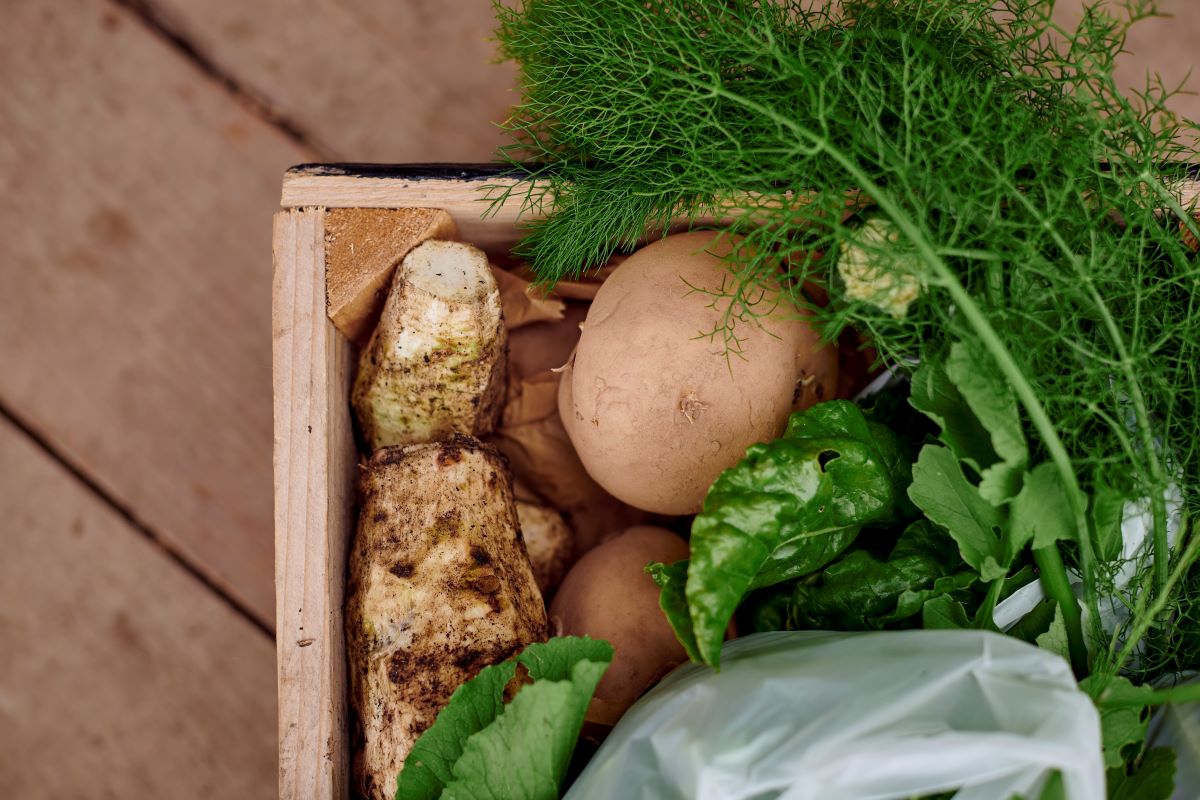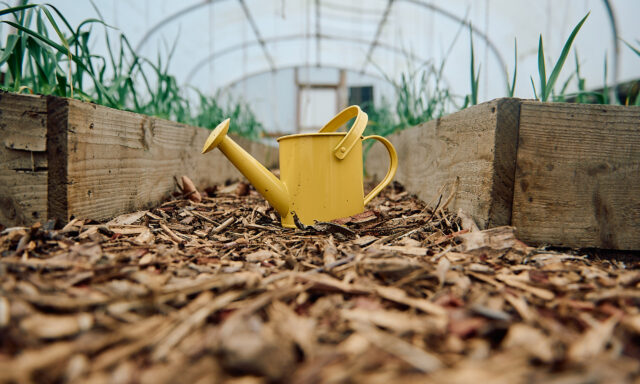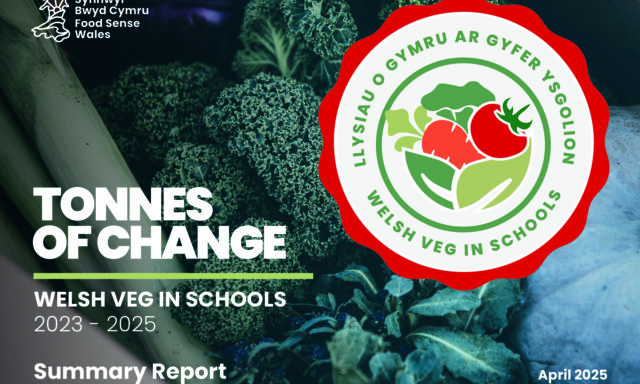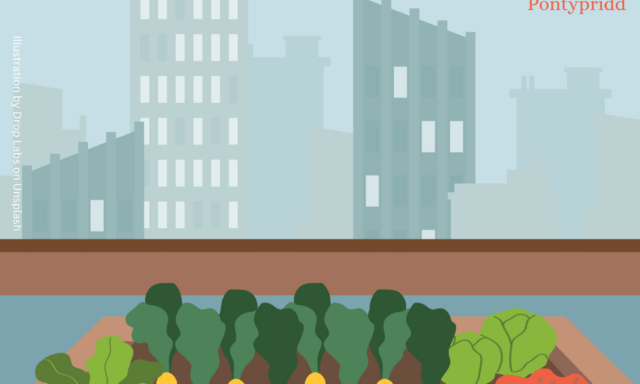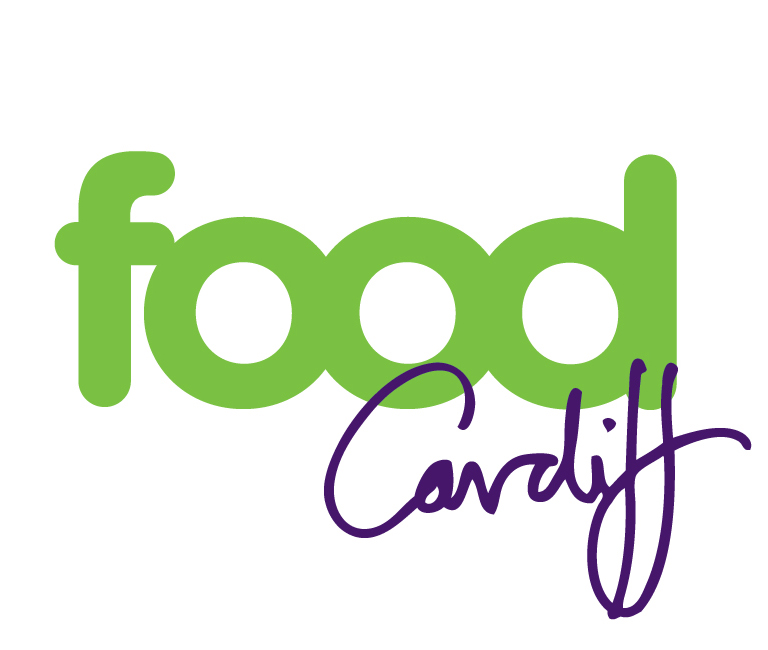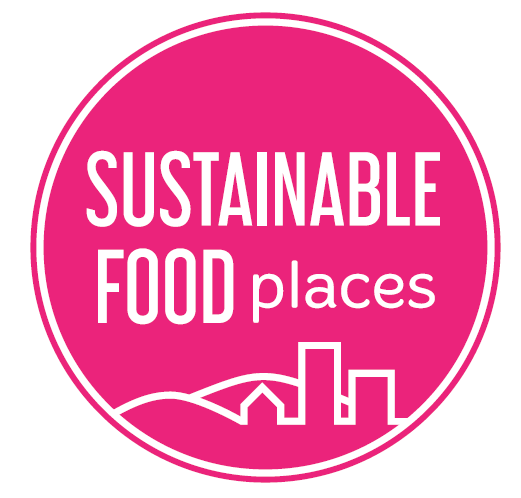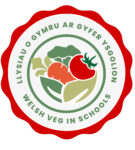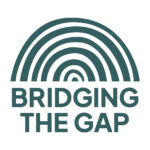Case Study: The Blaenau Gwent Food Partnership Story
The Blaenau Gwent Food Partnership supports individuals and organisations working in the region’s food system to promote healthy, sustainable and fair food choices. The food partnership believes that food connects us all and good food can be the foundation of strong, healthy, resilient communities. The partnership is on a mission to advocate for the change its communities wants and to help people, place and the planet.
 Origins and Development:
Origins and Development:
The origins of the Blaenau Gwent Food Partnership can be traced back to early 2019 when a meeting was convened between Food Sense Wales, Tai Calon and the Aneurin Bevan University Health Board (ABUHB) Public Health Team to discuss actions on Food Poverty, drawing on lessons from activity in Cardiff and the thoughts of the South Wales Food Poverty Alliance. Having mapped Food Poverty work in Blaenau Gwent, by Autumn 2019, the county had become one of the test and learn areas for the Food for Life Get Togethers programme, working in partnership with community groups and dietitians
By January 2020, the Chief Executive of Tai Calon along with a Consultant in Public Health had drafted a Sustainable Food Programme proposal to submit to the local Public Services Board (PSB) and a month later, a ‘Menu for Change’ event was held, bringing together partners from the PSB and neighbouring authorities to explore what a food partnership could offer.
By January 2021, following several discussions with key stakeholders, funding from Natural Resources Wales (NRW) was secured to develop a cross sector food partnership in Blaenau Gwent with the ultimate goal of becoming a member of the Sustainable Food Places network. Led by Tai Calon, the PSB sponsor organisation at the time, the food partnership work developed in conjunction with the Gwent Association of Voluntary Organisations (GAVO), Natural Resources Wales (NRW), Aneurin Bevan University Health Board (ABUHB) and Blaenau Gwent County Borough Council (BGCBC).
Early Endeavours:
In 2021, the Blaenau Gwent Food Partnership created a six-month work plan which focused on achievable actions that would align with the formation of the food partnership. Overseen by a newly appointed co-ordinator, much of this work focused on building the network, food mapping and branding to help lay the foundations and capitalise on the energy for systems change in Blaenau Gwent. The success of partnership’s initial workplan led to the creation of a more ambitious two-year action plan, reviewed and approved by the Local Wellbeing Board, and launched in September 2022.
Sustainable Food Places Network and Food Charter:
As part of its commitment to sustainable practices, the Blaenau Gwent Food Partnership joined the Sustainable Food Places network. Following extensive consultations with stakeholders across various sectors, including the public, private, and third sectors, the partnership published the Blaenau Gwent Food Charter. This charter outlines a set of priorities aligned with the Sustainable Food Places principles, with the aim of making good food the focal point of a thriving food culture, benefiting people, places and the planet. The charter’s priorities encompass aspects such as daily access to good food, learning for all, community engagement, environmental protection, and fostering a prosperous food culture.
Collaboration with Health Board:
Recognizing the pressing health inequalities within Blaenau Gwent, particularly in areas such as obesity, dental health, and breastfeeding, the Blaenau Gwent Food Partnership forged a close collaboration with the Local Public Health Team (LPHT) at the Aneurin Bevan University Health Board (ABUHB) to utilise data and evidence to focus action The partnership has helped to coordinate efforts and bring Health Board services, such as the Community Health Programme, to the communities most in need.
“In areas across Gwent people are not living as long as they should be. Healthy life expectancy in Blaenau Gwent is lower than the Welsh average for both women and men. It is unacceptable that people’s life expectancy and health is determined by where they live, we need to ensure that everyone has the opportunity to live all of their lives free of preventable poor health. Access to healthy food is a key part of this and the work of the Blaenau Gwent Sustainable Food Partnership is key in helping address these health inequities.” Professor Tracy Daszkiewicz, Executive Director of Public Health, Aneurin Bevan University Health Board.
Marmot Principles and Health Inequities:
In October 2022, Gwent Public Service Board (PSB) became Wales’ first Marmot Region and the first to adopt the eight Marmot Principles to reduce health inequalities.
- Give every child the best start in life
- Enable all children, young people and adults to maximise their capabilities and have control over their lives
- Create fair employment and good work for all
- Ensure a healthy standard of living for all
- Create and develop healthy and sustainable places and communities
- Strengthen the role and impact of ill-health prevention
- Tackle racism, discrimination and their outcomes
- Pursue environmental sustainability and health equity together
These principles focus on addressing health inequalities through actions targeting social determinants of health.
The Building A Fairer Gwent (2023) report for the Gwent Public Services Board ( PSB) highlights how poverty affects health, including reduced access to healthy food. The report recommended that addressing food poverty should be a priority for the Public Services Board to mitigate the impact of rising living costs. The early adoption of the Blaenau Gwent Food Partnership in the Blaenau Gwent Local Wellbeing Plan has enabled it to address health inequalities related to food more effectively.
Healthy Start Initiative:
Aligned with the Marmot Principle of giving every child the best start in life, the partnership works to ensure consistent messaging within the community. Using the Cardiff and Vale UHB frontline food benefits training, staff in Housing Association and Local Authority settings are aware of the key messages around the support available and can signpost effectively. This collaborative effort has led to remarkable success, with Blaenau Gwent achieving the highest Healthy Start uptake in Wales, England, and Northern Ireland. As a result, the Blaenau Gwent Food Partnership is now chairing the Gwent regional approach for improving Healthy Start uptake with other food partnerships, flying start and health visitors.
Impactful Community Projects:
The Blaenau Gwent Food Partnership actively engages with the local community through various projects. These initiatives showcase the potential for positive change and further the partnership’s mission of ensuring good food for all. All of these community projects are also in line with two of the Marmot Principles: Ensure a healthy standard of living for all and Create and develop healthy and sustainable places and communities. Examples include:
- EUTF Food Poverty Grant: funded Community Allotment: The Welsh Government’s EUTF Food Poverty grant was used to create a community allotment space in Shirhowy Hill Woodlands. This initiative attracted additional funding from various sources, leading to the availability of Blaenau Gwent’s first organically grown vegetable boxes for the public. These boxes were also delivered to local projects addressing food insecurity.
- Welsh Government Food Partnership Development Grant: The recent Welsh Government Food Partnership Development grant has enabled the supply of fresh produce to a local community centre. This centre offers cost-effective meals to participants who are learning new cooking skills, and this support is guaranteed for a 12-month period.
- Llanhilleth Slow Cooker Club: Initially funded to distribute 15 slow cookers within the community, the success of this program led to additional funding. Over 100 slow cookers have now been provided to help people prepare affordable meals at home. This success has inspired three other groups in Blaenau Gwent to launch their own Slow Cooker courses.
- Llanhilleth Miners Institute’s Surplus Food Initiative: In response to surplus food supply chain challenges, Llanhilleth Miners Institute is providing meal kits to 50 service users during the difficult winter period. Staff have completed Nutrition Skills For Life training to ensure the delivery of healthy meals and support community food security.
- Pentref Tyleri and Cawl i Bawb Project: Through collaborative Food Partnership efforts, underserved communities in Blaenau Gwent are being identified for targeted activities. The Pentref Tyleri project, for instance, addressed the erosion of village services by launching the Cawl i Bawb project. This initiative provides a vegetable-packed ‘5 a day’ soup for anyone in the community, either at their café premises or via delivery using an E-Cargo Bike.
- Food Partnership hosted by Tai Calon Housing Association: This has enabled access to otherwise isolated estates within Blaenau Gwent. The Food Partnership have engaged with the key demographic of social housing tenants through attending community events, delivering budget cooking courses and food tasting for children. It’s also enabled them to speak with tenants referred to The Trussell Trust and evidence the lived experience around dignity and food access for tenants.
These initiatives demonstrate the positive impact of the work of the partnership, along with the funding associated with, it in addressing access to health, sustainable and nutritious food.
“We are all feeling the impact of the cost of living rise and for many this has become a cost of living crisis. Having to make a choice between heating or eating is a daily reality for many people. Through the coordinated efforts of the Blaenau Gwent Sustainable Food Partnership, individuals and organisations are supported to become connected to good food which is healthy and sustainable. The partnership is helping to develop strong resilient communities through developing community growing projects, promoting community groups who are doing their bit to stop good food going to waste and through supporting local independent retailers.” Tanya Evans, Interim Director Social Services, Blaenau Gwent County Borough Council
Introduction of Blaenau Gwent County Borough Council Food Resilience Programme:
Building on the success of regional co-operation through the Food4Growth programme, the Blaenau Gwent Food Partnership will now have additional support and capacity through the Gwent food resilience programme, funded by the UK Shared Prosperity Fund. This programme aims to further the partnership’s objectives, including the development and implementation of a local food action plan, enhanced collaboration with local businesses and food producers, and strengthening public sector procurement and education partnerships.
“The Blaenau Gwent Food Partnership is the key delivery vehicle to take prompt local action to support people who are facing deep poverty and food inequality. Tai Calon Community Housing are planning for an anxious winter ahead with the Cost of Living Crisis and have seen a huge demand for our help and support in local communities. Food Partnership led initiatives like Sirhowy Community Centre cooking with local produce and Pentref Tyleri’s Cawl i Bawb project makes healthy and low-cost food accessible for our tenants. Our Food Partnership’s uniquely joined-up approach through collaboration and community engagement is enabling local people to improve their health, skills and self-confidence.” Howard Toplis, CEO, Tai Calon Community Housing
For further information about the work of the Blaenau Gwent Food Partnership, please contact Chris Nottingham, Sustainable Food Places Coordinator for Blaenau Gwent – Chris.Nottingham@taicalon.org

